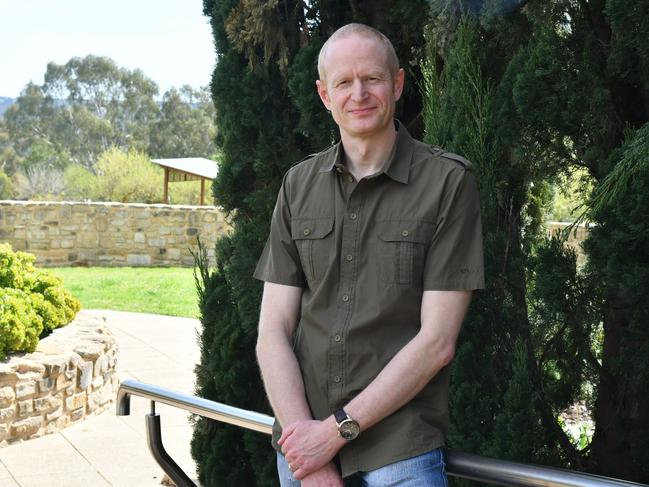
Diabetes risk grows in donor sperm babies
Donor sperm is known to have some effects on newborns but now an SA study has found there could also be health consequences in adulthood.

Donor sperm is known to have some effects on newborns but now an SA study has found there could also be health consequences in adulthood.
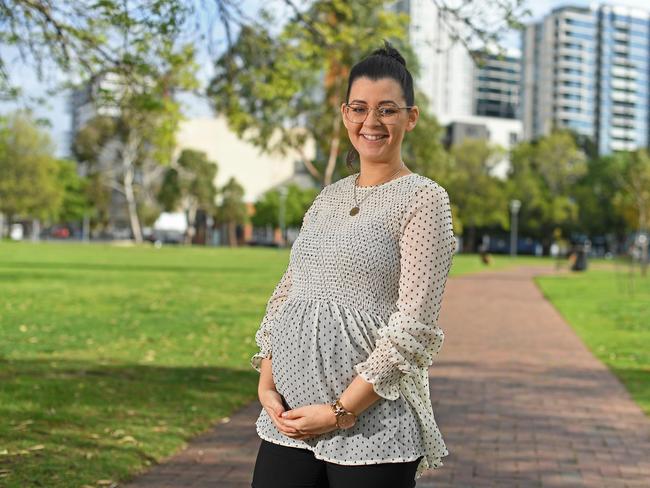
Pregnant women beware: New research suggests the flu causes a “vascular storm” that’s bad for mums and bubs. Vaccination can prevent infection but we also need treatments to prevent long-term complications.
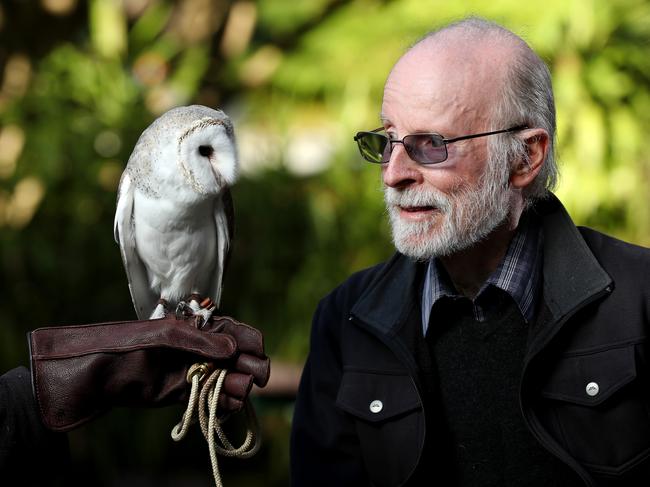
The state’s scientific community has hailed the efforts of three of their most selfless members: A dogged detective who searched for tiny bones in owl pellets; and a pair of orchid enthusiasts who attracted a crowd of citizen scientists.
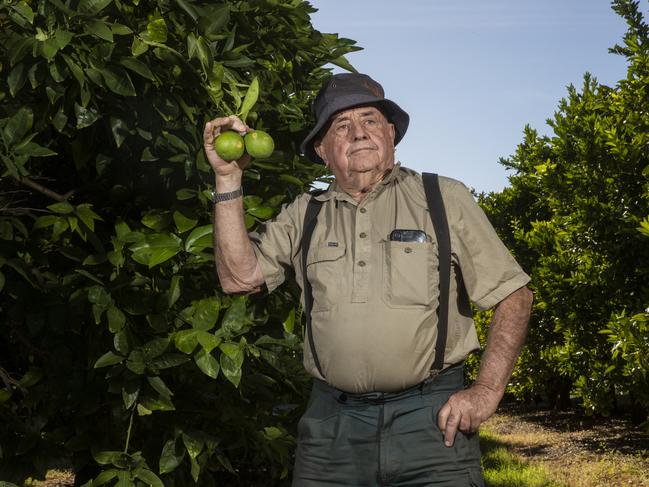
Irrigators in the Riverland are so fed up with inaccurate and conflicting information about water security and climate change in the Murray-Darling Basin that they’re going to look after themselves.
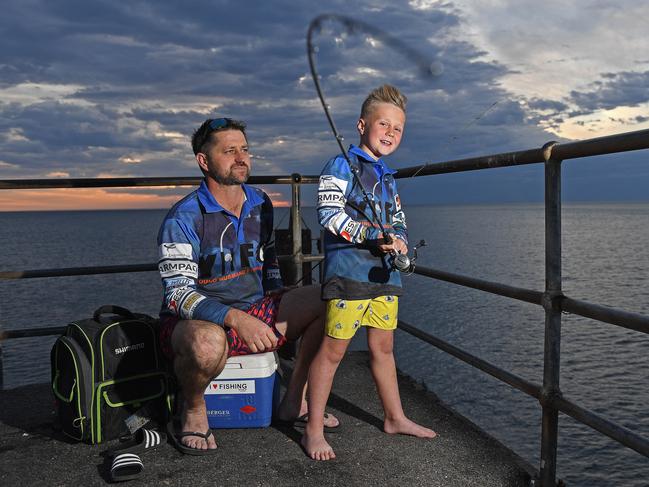
Whiting are not biting and anglers and experts are split on what’s happened to the popular fish. Calm weather and a ban on another prestige species are being blamed for the low numbers.
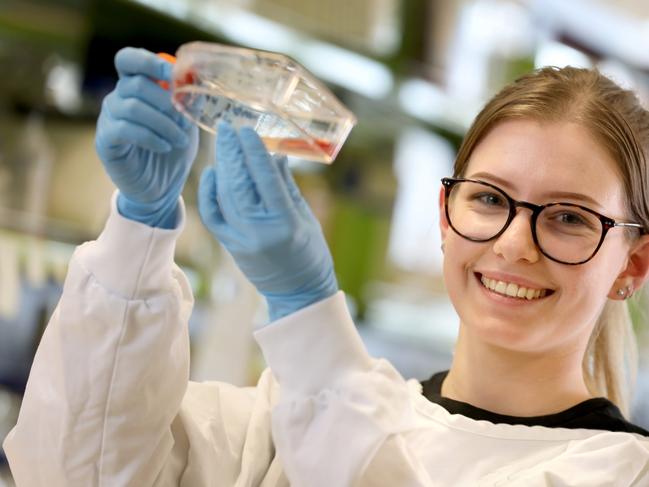
Want to sound like a genius on the topic of gene therapy, PTSD and waste management? Train your brain in just a few minutes with these brilliant, quick and inspiring talks from young SA researchers who have won a place in the 2020 Asia Pacific Three Minute Thesis competition.
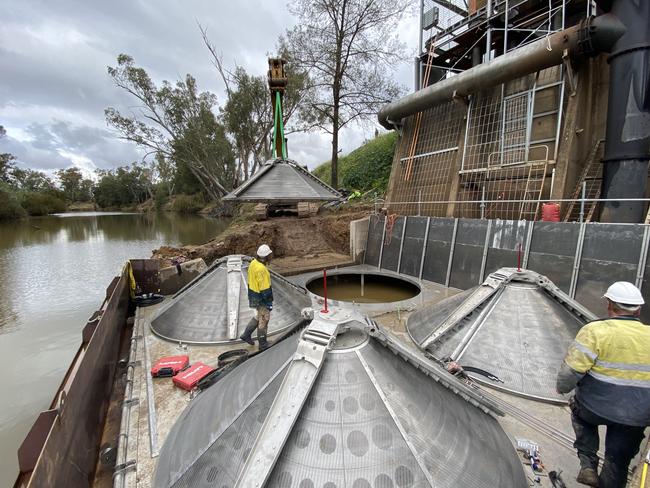
Every year, millions of native fish are sucked into irrigation pumps, pipes and channels in the Murray-Darling Basin, clogging filters or ending up as fertiliser. But there is a solution: self-cleaning fish screens.
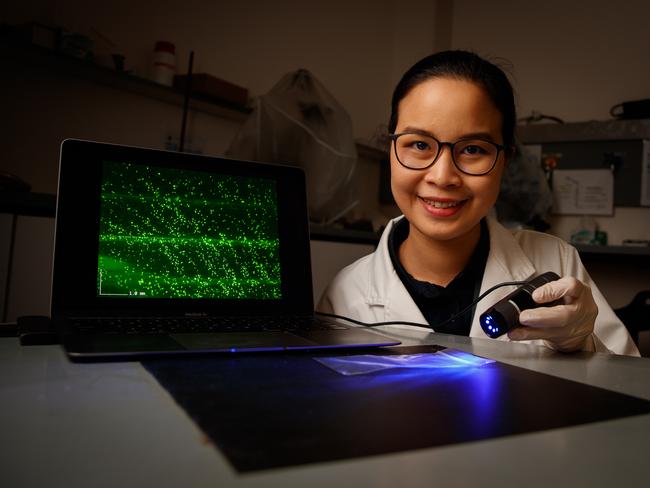
Drug dealers and users beware, forensic scientists now have a better way to collect DNA evidence from those plastic zip-lock bags, thanks to Flinders University research.
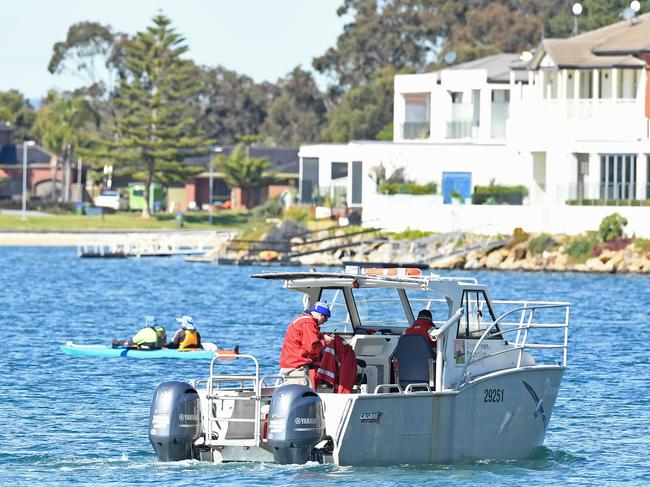
West Lakes rowers, swimmers and boaties can breathe a sigh of relief as EPA test results confirm the lake is safe for recreational use. But fishers will have to wait a little longer.
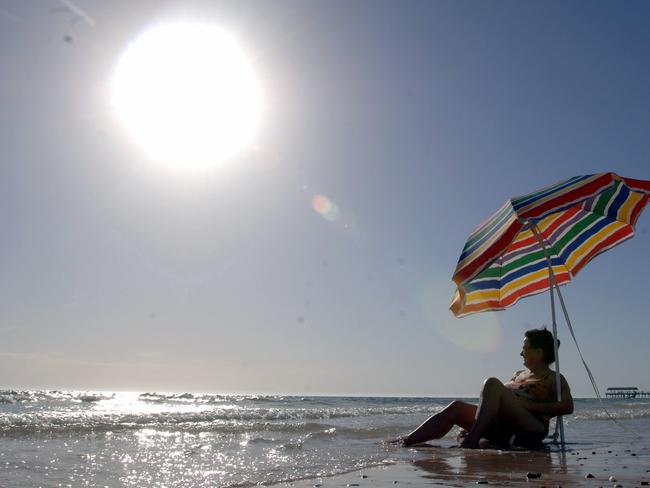
As temperatures get set to rise to above 30 degrees today, with weather warnings for strong winds, people are being warned to take preventative medicine for allergies – and if symptoms persist or change, to get a COVID test.
Original URL: https://www.adelaidenow.com.au/journalists/clare-peddie/page/30